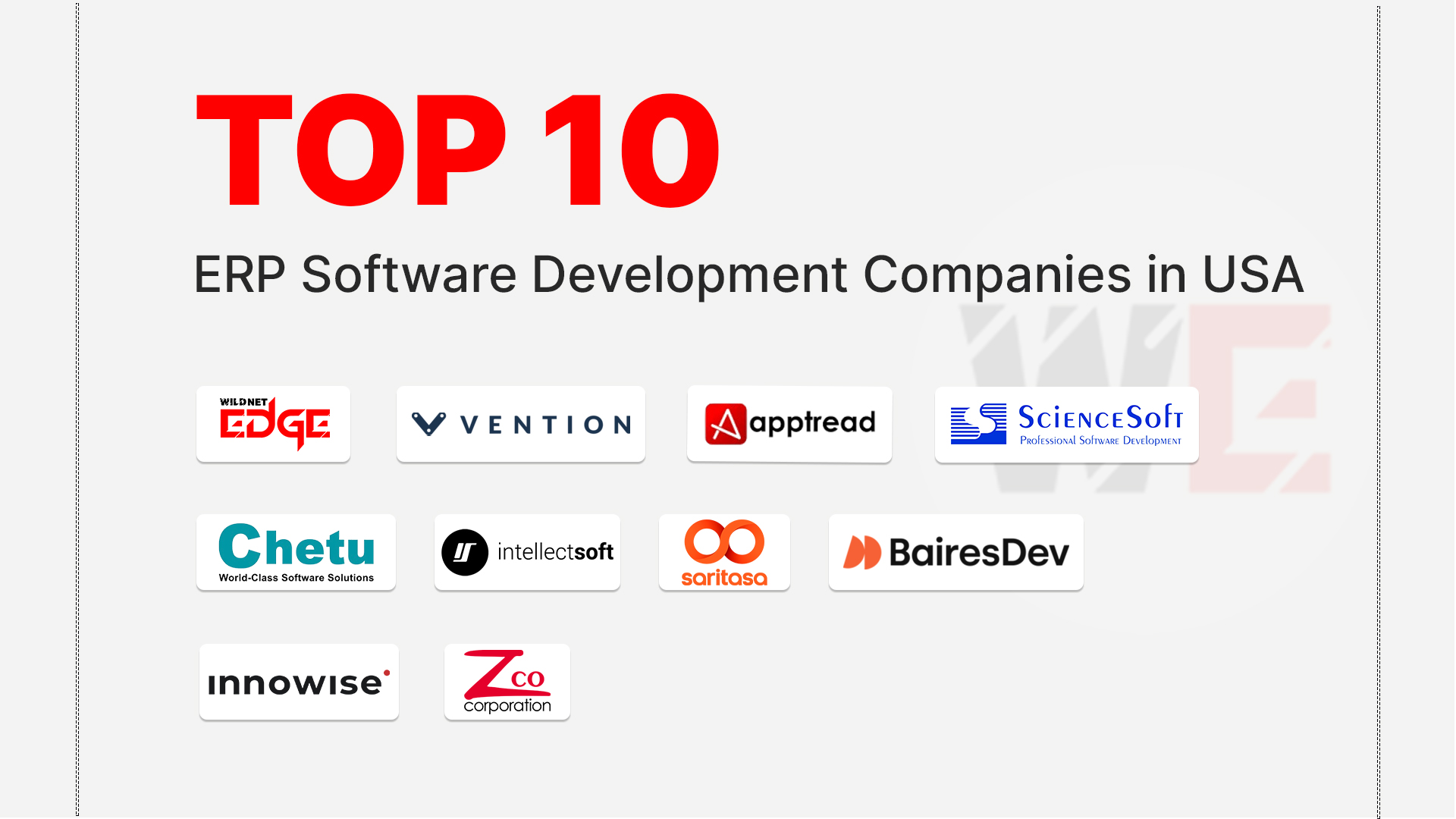Introduction:
Are you tired of clunky, one-size-fits-all EMR systems that slow down your practice and frustrate your staff? In today’s fast-paced healthcare environment, having tailored software solutions isn’t just a luxury; it’s a necessity. Custom EMR software not only streamlines operations but also aligns with your unique needs, making healthcare software development a game-changer. Let’s dive into why healthcare providers can’t afford to ignore this crucial investment.
The Importance of EMR Systems in Healthcare
Electronic Medical Records (EMR) systems are at the core of modern healthcare. They play a pivotal role in improving patient care and operational efficiency. By digitizing patient records, EMR systems allow healthcare providers to access real-time information, leading to more informed decision-making. This immediate access to data can significantly enhance the quality of care, as physicians can quickly review a patient’s medical history, medications, allergies, and lab results.
Moreover, EMR systems facilitate seamless communication among healthcare teams. With features like shared access to records and collaborative tools, specialists can consult with one another more effectively, ensuring that patients receive comprehensive care. This connectivity is crucial, especially in complex cases where multiple providers are involved.
Operational efficiency is another critical benefit of EMR systems. They automate routine tasks such as appointment scheduling, billing, and documentation. This automation reduces administrative burdens, allowing healthcare professionals to focus more on patient care rather than paperwork. Additionally, the integration of analytics tools within EMR systems enables healthcare organizations to track performance metrics, identify areas for improvement, and ultimately enhance patient outcomes.
In summary, the importance of EMR systems cannot be overstated. They are essential not only for improving patient care but also for streamlining operations, making them a necessary investment for healthcare providers.
Ensuring HIPAA Compliance with Custom Software
When it comes to healthcare, protecting patient data is paramount. The Health Insurance Portability and Accountability Act (HIPAA) sets strict guidelines for safeguarding sensitive health information. Custom EMR software can be designed specifically to meet these regulations, ensuring that patient data is secure and minimizing the risk of data breaches.
Custom solutions allow developers to implement tailored security measures based on the unique needs of your practice. This includes advanced encryption protocols, access controls, and audit trails that monitor who accesses patient information and when. By having a system built with HIPAA compliance in mind, healthcare providers can maintain the integrity and confidentiality of patient data, which is crucial for building trust with patients.
Furthermore, custom EMR solutions can adapt to evolving regulations. As healthcare laws change, your software can be updated without the need for a complete overhaul, ensuring ongoing compliance. This flexibility is particularly beneficial for healthcare providers who may face different compliance challenges based on their specific services or patient demographics.
In conclusion, investing in custom EMR software not only enhances operational efficiency but also ensures that your practice remains compliant with HIPAA regulations. This proactive approach to data security protects both patients and healthcare providers.
Benefits of Custom EMR Software Over Off-the-Shelf Solutions
While off-the-shelf EMR solutions may seem cost-effective at first glance, they often fall short in meeting the specific needs of healthcare providers. Here are some compelling reasons why custom EMR software is the superior choice:
Flexibility
Custom EMR systems can be tailored to fit the workflow and processes of your practice. This means you can choose features that are most relevant to your operations, rather than settling for a generic package that may include unnecessary functions. This flexibility allows for a more intuitive user experience, reducing the learning curve for your staff.
Scalability
As your practice grows, so do your needs. Custom EMR software can be designed to scale alongside your organization. Whether you’re adding new specialties, expanding locations, or increasing patient volume, your software can evolve to accommodate these changes without the limitations often found in off-the-shelf solutions.
Integration Capabilities
Custom EMR systems can be seamlessly integrated with other healthcare software applications you may already be using, such as billing systems, laboratory information systems, or telehealth platforms. This integration enhances data flow across your organization, reducing the chances of errors and improving overall efficiency. In contrast, off-the-shelf solutions may not offer the same level of compatibility, leading to data silos and fragmented workflows.
Enhanced Support
With custom software development, you typically receive ongoing support tailored to your specific system. This means that any issues can be addressed quickly and effectively by the developers who understand your software inside and out. In contrast, off-the-shelf solutions often provide generic support that may not fully address your unique challenges.
In summary, the benefits of custom EMR software far outweigh those of off-the-shelf solutions. From flexibility and scalability to integration capabilities and enhanced support, custom solutions empower healthcare providers to optimize their operations and improve patient care.
Future Trends in Healthcare Software Development
The healthcare industry is rapidly evolving, and so is healthcare software development. Here are some key trends to watch in the coming years:
AI Integration
Artificial intelligence (AI) is becoming increasingly integrated into healthcare software. Custom EMR systems can leverage AI to provide predictive analytics, patient risk assessments, and even automated documentation. This not only enhances decision-making but also reduces administrative burdens on healthcare providers.
Telehealth Features
The rise of telehealth has transformed how healthcare is delivered. Custom EMR software can incorporate telehealth features that allow for virtual consultations, remote patient monitoring, and secure messaging between providers and patients. This flexibility is crucial in today’s healthcare landscape, where accessibility and convenience are paramount.
Data Analytics
With the growing emphasis on data-driven decision-making, custom EMR systems can offer advanced analytics capabilities. This allows healthcare providers to track patient outcomes, monitor population health trends, and identify areas for improvement. By harnessing the power of data, healthcare organizations can make informed decisions that enhance patient care and operational efficiency.
Patient-Centered Care Solutions
As the focus shifts towards patient-centered care, custom EMR software can be designed to enhance the patient experience. Features such as patient portals, personalized health plans, and educational resources empower patients to take an active role in their healthcare journey.
In conclusion, the future of healthcare software development is bright, with emerging trends poised to enhance patient care and operational efficiency. By investing in custom EMR software, healthcare providers can stay ahead of the curve and adapt to these changes effectively.
Conclusion:
In summary, custom EMR software is essential for healthcare providers looking to enhance efficiency, ensure compliance, and improve patient outcomes. As a trusted authority in healthcare software development, WildnetEdge is here to guide you in creating tailored solutions that meet your specific needs. Don’t settle for less—partner with us to elevate your practice today!
FAQs
Q1: What are the key benefits of custom EMR systems?
Custom EMR systems offer tailored features, improved user experience, and better integration with existing tools.
Q2: How can I ensure my EMR software is HIPAA compliant?
Work with experienced developers who understand HIPAA regulations and can implement necessary security measures.
Q3: What is the difference between custom EMR software and off-the-shelf solutions?
Custom EMR software is designed to meet specific needs, while off-the-shelf solutions may lack flexibility and necessary features.
Q4: How does healthcare software development impact patient care?
Effective software solutions streamline processes, reduce errors, and enhance communication, ultimately leading to better patient outcomes.Q5: What trends should I watch in healthcare software development?
A5: Key trends include AI-driven analytics, telehealth integration, and a focus on patient-centered care solutions.

Nitin Agarwal is a veteran in custom software development. He is fascinated by how software can turn ideas into real-world solutions. With extensive experience designing scalable and efficient systems, he focuses on creating software that delivers tangible results. Nitin enjoys exploring emerging technologies, taking on challenging projects, and mentoring teams to bring ideas to life. He believes that good software is not just about code; it’s about understanding problems and creating value for users. For him, great software combines thoughtful design, clever engineering, and a clear understanding of the problems it’s meant to solve.
 sales@wildnetedge.com
sales@wildnetedge.com +1 (212) 901 8616
+1 (212) 901 8616 +1 (437) 225-7733
+1 (437) 225-7733















 ChatGPT Development & Enablement
ChatGPT Development & Enablement Hire AI & ChatGPT Experts
Hire AI & ChatGPT Experts ChatGPT Apps by Industry
ChatGPT Apps by Industry ChatGPT Blog
ChatGPT Blog ChatGPT Case study
ChatGPT Case study AI Development Services
AI Development Services Industry AI Solutions
Industry AI Solutions AI Consulting & Research
AI Consulting & Research Automation & Intelligence
Automation & Intelligence















